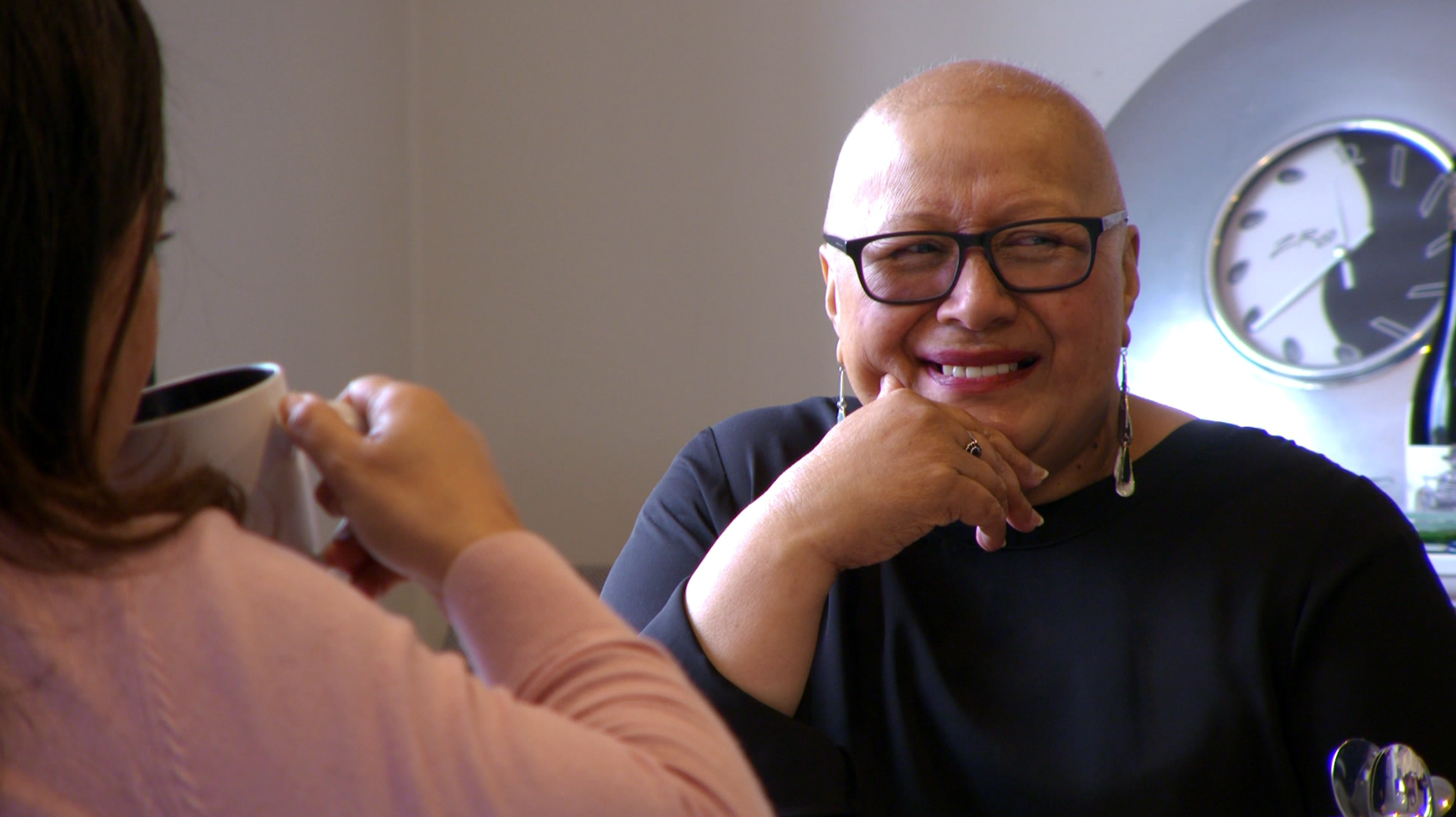Public Interest Journalism funded through NZ On Air
Research charity, Cure Kids, released its annual report this month, highlighting alarming child health statistics in the Pasifika community.
CEO Frances Soutter says the findings are shocking and spotlights the dire statistics for hospitalisations due to mental health.
“The Pasifika community is probably the most vulnerable, and Māori and Pacific children are the worst in all of the statistics when it comes to skin infections, admissions to hospital, rheumatic fever, rheumatic heart disease,” she says.
The report found that Māori and Pasifika children in low socioeconomic areas are the worst affected and are more at risk of respiratory diseases, skin infections and mental health concerns.
“Those children, where there is inequity, means that they don’t have the same access to healthcare or they’re more susceptible and more vulnerable to these illnesses that are third world. Children shouldn’t be admitted to hospital for skin infections,” Soutter says.

Professor Terryann Clark, Cure Kids chair of child and youth mental health, says more needs to be done for Pasifika youth.
“If you are to ask most people in the community, they wouldn’t be surprised to know that mental health has really taken a dive for Pacific young people. I guess what we didn’t know was the magnitude of difference here,” she says.
“A doubling of mental health-related hospitalisations and five times increase in our young people saying that they had serious psychological distress, it’s alarming.”
Public health physician Dr Sainimere Boladuadua says the report highlights the need to return to the bare necessities.
“Getting our people in warm, healthy homes, improving the housing stock, and that will not just help prevent this, but it’ll just keep any child healthy as well,” she says.
The panel agreed that changes to the current health system could be the answer, especially for the Māori and Pasifika communities.
“We need to tailor our services, tailor our way of doing things to provide better services for our people.
That requires different ways of thinking, different ways of delivering services, understanding how we are,” Dr Boladuadua says.












